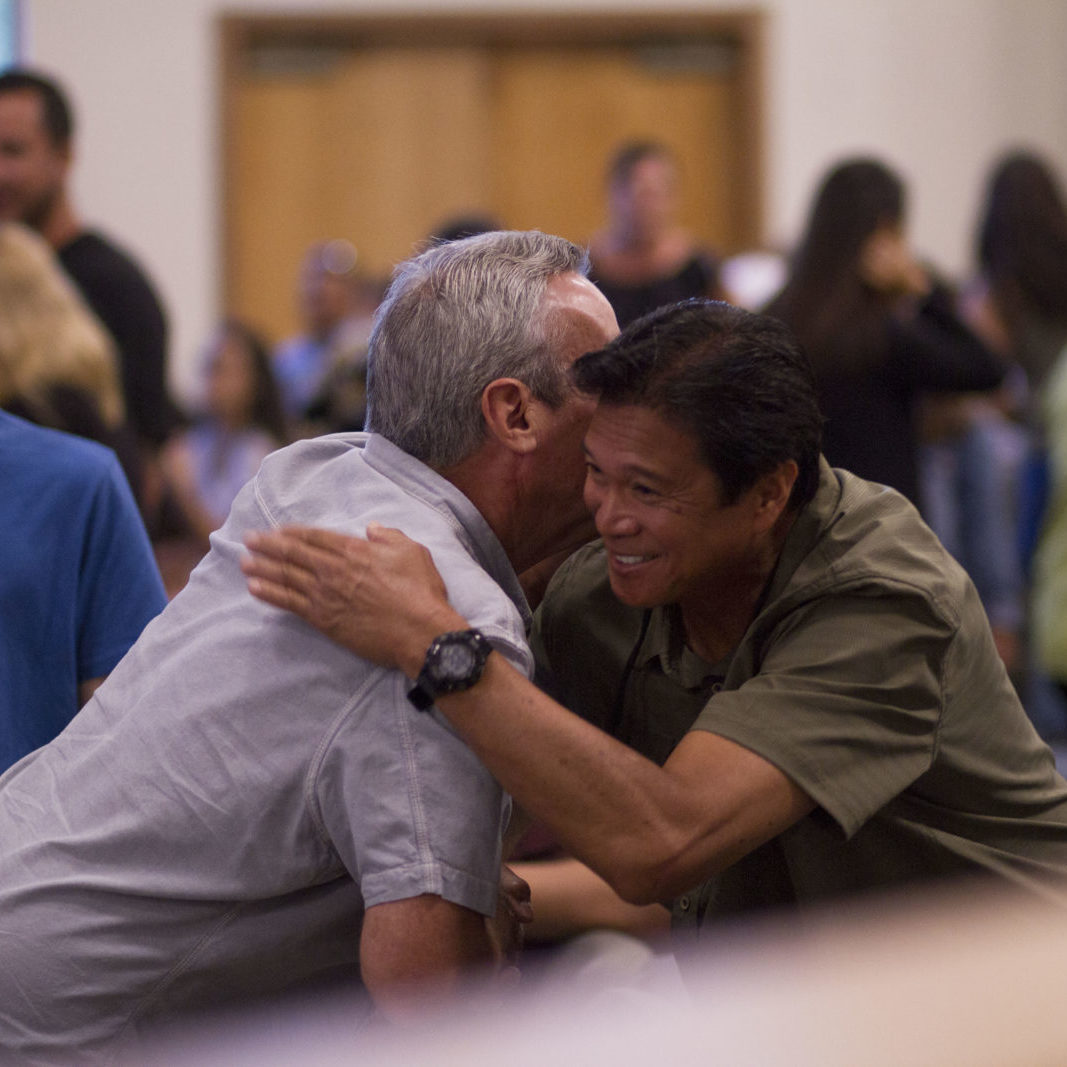It’s tough enough to lead during normal times. Now, the challenge is even greater.
- Are you wondering if you are “doing it right?”
- Do your emotions ping pong between fear, pessimism and confusion?
- Are you feeling lost and unmoored?
You are not alone. Leaders everywhere have a mix of uncomfortable emotions when faced with uncertainty. You might be coping by putting aside your worries and pressing on. Or you might be stopped in your tracks, overwhelmed and dazed. Or you might be trying to regain a sense of control by micro-managing.
None of this is productive in the face of chaos.
What, then, is helpful? Becoming emotionally fit. This means on a daily basis, recognizing, identifying and feeling your emotions. And then letting them go.
You will be a Resilient Leader.
By focusing directly on your emotions instead of avoiding or dismissing them, you will expand your capacity to weather the storm—and find opportunities in the chaos.
This goes beyond emotional intelligence. When you are emotionally fit—aware of all of your emotions and moving through them to return to your best self—you will be resilient, in tough times and good times. You will be The Resilient Leader.
Tim's Story
Watch this video of Tim Wise, a professional in Supply Chain Management. You'll learn how developing emotional fitness is the key to being a better leader and manager, as well as a better husband, father, and friend. Among other things, Tim talks about reclaiming his weekends and the positive impact he has had on his team.
Employees are feeling a mix of emotions--fear, anxiety, confusion, anger, sadness, grief-- at the amount of chaos and uncertainty in the world today.
Many may not know what to do with these emotions, other than holding them in and hoping that they’ll go away. Meanwhile, their stress increases and their well-being and productivity can take a dive.
What can help your team stay connected and be resilient in such challenging times?
The answer: Community, Connection, and Compassion.
A Resiliency Circle.
Employees need a safe way to exhale, after being on high alert, bracing for the next onslaught. They need to know they aren’t alone, that what they are feeling is a shared experience. And they need to be witnessed in all of their humanity, when impatience and sadness may be present.
After attending a Resiliency Circle, your team will feel centered and hopeful.
They’ll experience more creativity and a sense of well-being. This leads to productivity and agility, at a time when they need to be healthy and engaged.
In this group program, participants will learn and practice:
- Self-care and self-compassion, without the guilt
- Slowing down and getting present, to connect with themselves and others
- Returning to “center” and cultivating hope, when their emotions are running high.
Your employees can expect to manage their emotions more effectively, develop self-acceptance, and release stress, so that they can return to their best selves.

